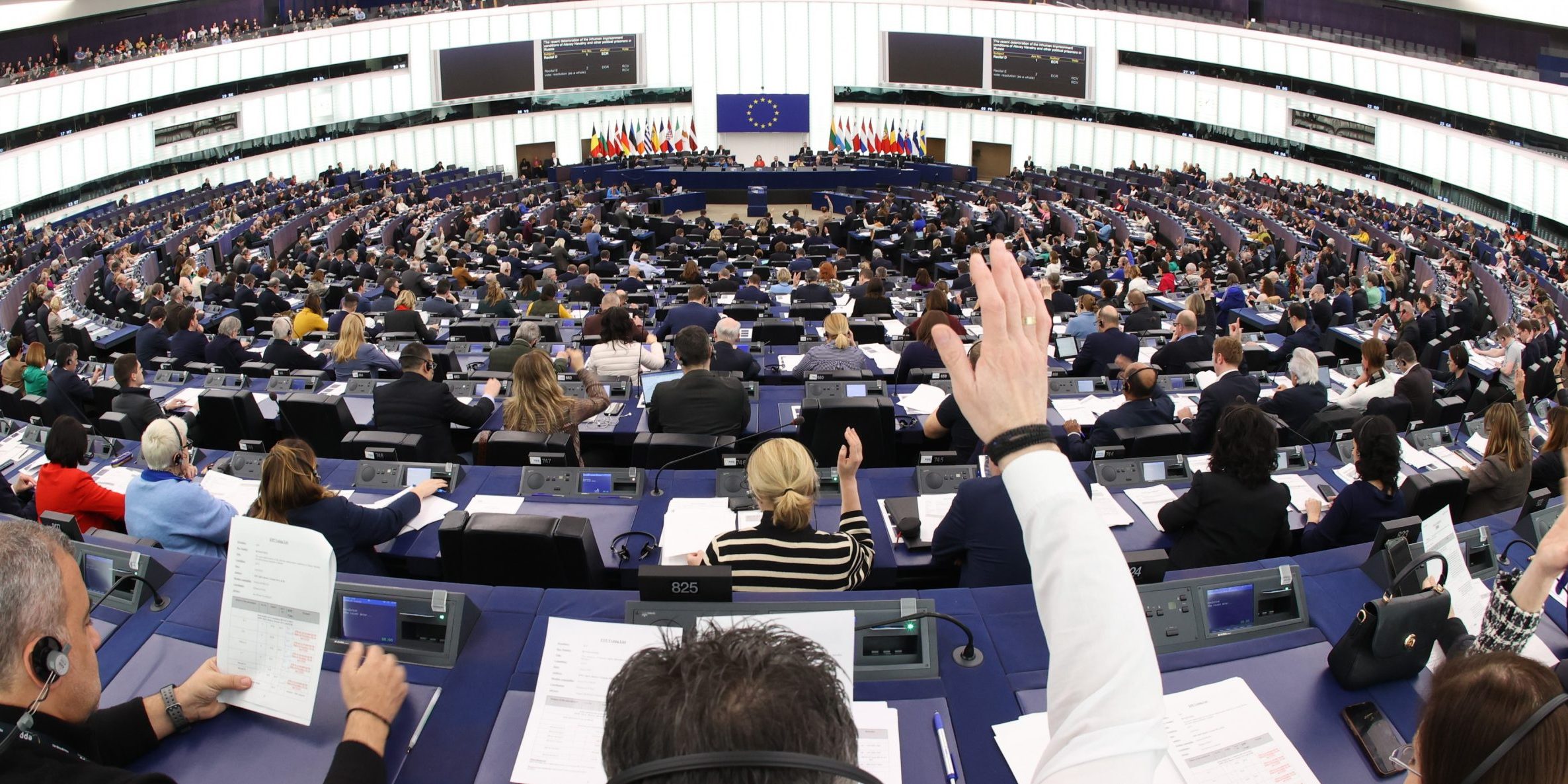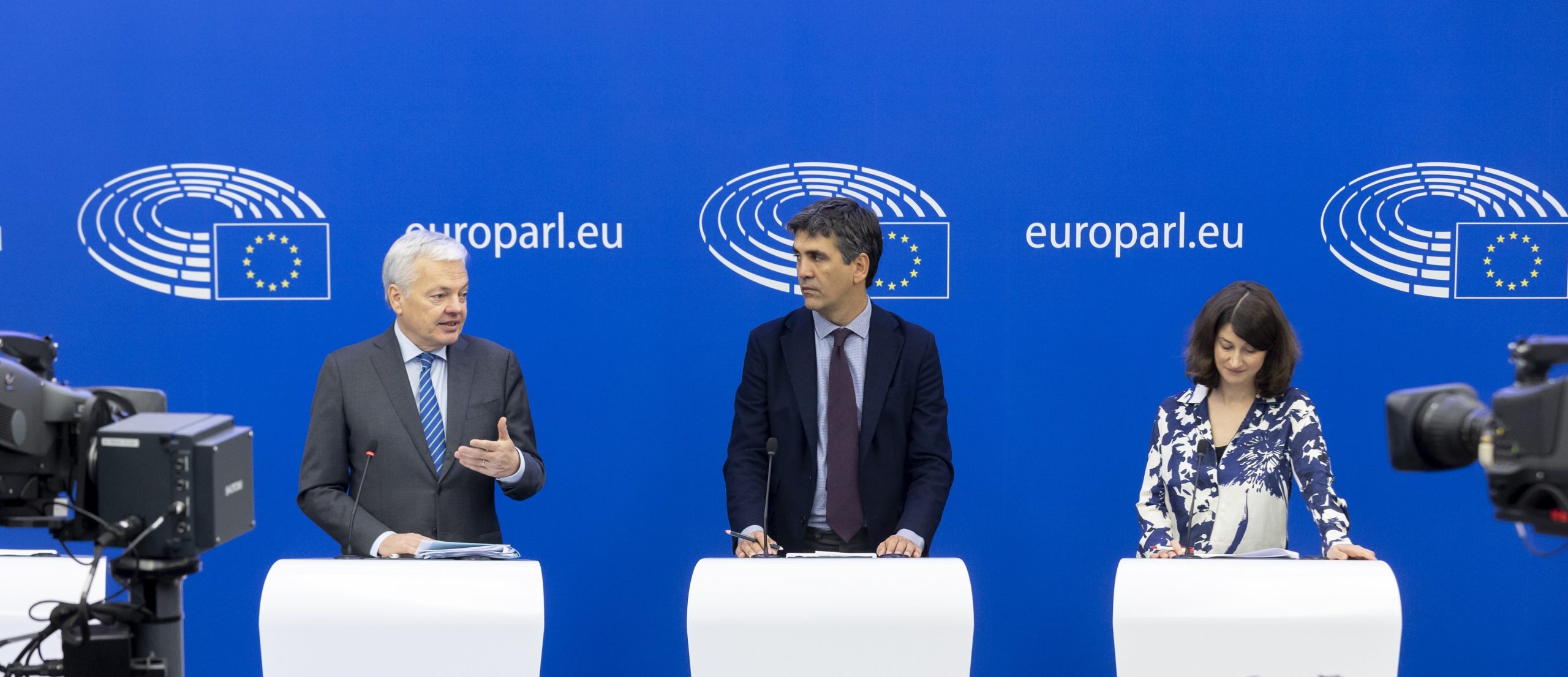
EU adopts rules to scrutinise company supply chains
CSDD adopted, but some companies have been let off the hook within the initiative.

On December 14th European Parliament and Council negotiators agreed a finalised text of the Corporate Sustainability Due Diligence directive, Europe’s flagship set of rules to protect environment and human rights throughout company supply chains and to curb unsustainable investment. While the introduction of legislation is a welcome step forward, the lack of ambition from the European Council has hampered what should have been a strong and far-reaching text. Taking action to prevent the mistreatment of workers throughout the world, and avoiding preventable catastrophes such as the deaths of 1,100 workers in Rana Plaza, should not be an issue where such a volume of compromises are required between European institutions.
Many of the 137 amendments put forward by the European Parliament had come from trade unions, including Eurocadres, who have welcomed and engaged with the proposal at the outset and have encouraged the intention to promote the “do no harm” culture in businesses worldwide. The Parliament position had made positive references to the OECD framework and UN Guiding Principles on Business and Human Rights, underpinning the wider context that is needed for the implementation of this directive. After such an arduous process, we are very disappointed to see the European Council’s opposition to the inclusion of the fundamental ILO Conventions 155 and 187.
Such proposed omissions continued from the Council side, with complete impunity for the financial sector was adopted due to pressure from certain Member States. To see the Council taking such positions to dilute such a significant text, even before tackling both transposition and implementation (which are no easy feats), will only bring concerns regarding the 100+ files yet to be concluded as part of the 2019 – 2024 mandate.
“While we are dissatisfied with the finalised text, the pressing need for a directive has finally been addressed, and we are in a better position to protect workers than before. Our focus now turns to transposition and implementation, where trade unions must assert their role throughout value chains”
In addition the final text of the directive follows the unambitious scope set by the Commission proposal, ensuring that only companies with over 500 employees and a worldwide turnover higher than €150 million are within the scope of the new measures, with the inclusion of some companies with over 250 employees and with a turnover of more than €40 million should they operate in certain high-risk sectors.
Despite this there are many victories, with the role of workers’ representatives guaranteed in the text. CSDD is also agreed to be a criterion for the awarding of public contracts and concessions, promoting it as a tool for companies outside the binding scope. With fines of up to 5% of their net worldwide turnover, there is also a credible deterrent to ensure that large corporations are compliant with their new responsibilities.
Reacting to the adoption of the directive, Eurocadres President Nayla Glaise stated: “Unfortunately the views of the Council have been known for quite some time, and were not likely to change despite our efforts. While we are dissatisfied with the finalised text, the pressing need for a directive has finally been addressed, and we are in a better position to protect workers than before. Newly won obligations of companies to their employees must be enforced, harmonised and delivered in every workplace.
Our focus now turns to transposition and implementation, where trade unions must assert their role throughout value chains. One part of our job is done, but now we need to continue the push for better regulation, increased awareness and true protection for workers wherever they may be”.
With actions in various other areas still presenting opportunities to enact tangible changes for workers, we will continue to advocate for comprehensive and more ambitious actions from a European level. Based on transposition by Member States, the new rules will start to be applied from 2027 onwards.
